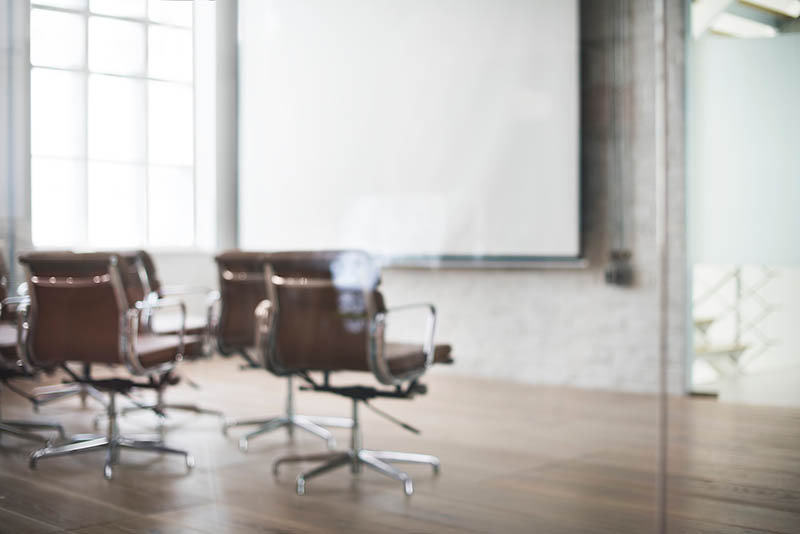Who exactly can be blamed for a slip and fall accident? Thousands of people experience this on a yearly basis, but when exactly can calling upon a slip and fall lawyer help? These are all excellent questions and require a lot of thinking. Before you look up a personal injury lawyer in Los Angeles, take a look at this guide to determining the culprit of your fall.
Is this the natural state of the surface?
Before you file a claim, sit down and think about the surface you’ve slipped on. This is a key factor the legal process takes into account when determining who to blame. Smooth surfaces often become uneven. Problems with concrete, earth and other types of materials can arise. Some things like drainage holes and sewer systems are meant to be holes.
If the surface you slipped on is like that naturally, there is not much you can do. We’ve had clients file a slip and fall death claim only to be rejected on the count of the “nature of the surface.” In most cases, a judge won’t let you sue even if you get the best LA personal injury lawyer. But in which cases can you sue successfully?
How to file a reasonable negligence claim
In all cases, filing a negligence claim depends on how reasonable it is to blame the property owner. The key factor here is determining if the owner checks on his property regularly. In these cases, looking at the camera footage from a longer period of time can be greatly beneficial. This can help you answer the following questions:
- Is the object you’ve tripped on torn, broken or loose? If it is, what could the owner have done about it? Did he know about it? Did his subordinates notify him of this?
- Does the owner have a routine of checking his entire premises? How much did he invest in repairs? Were there similar such accidents?
- If you’ve tripped on a foreign object, did the object need to be there? Could someone have removed the object to prevent this from happening?
- Was there warning for passers-by and customers? In case of places that aren’t well lit, did the poor lighting contribute to your slip and fall accident?
Answering these questions can give you an objective overview of whether you can sue or not. But how can you know it’s not your fault?
Was it my fault?
Every slip and fall case is based on verifying if the accident wasn’t your fault. Ask yourself these questions:
- Could my care have prevented the fall?
- Did I know how dangerous the area was?
- Was there a sign and did I accidentally (or on purpose) ignored it?
- Was I doing anything that might have distracted me?
When talking to an insurance adjuster, be honest and direct. If you need help with a slip and fall case, check out our section for Defense in Slip and Fall Cases.




